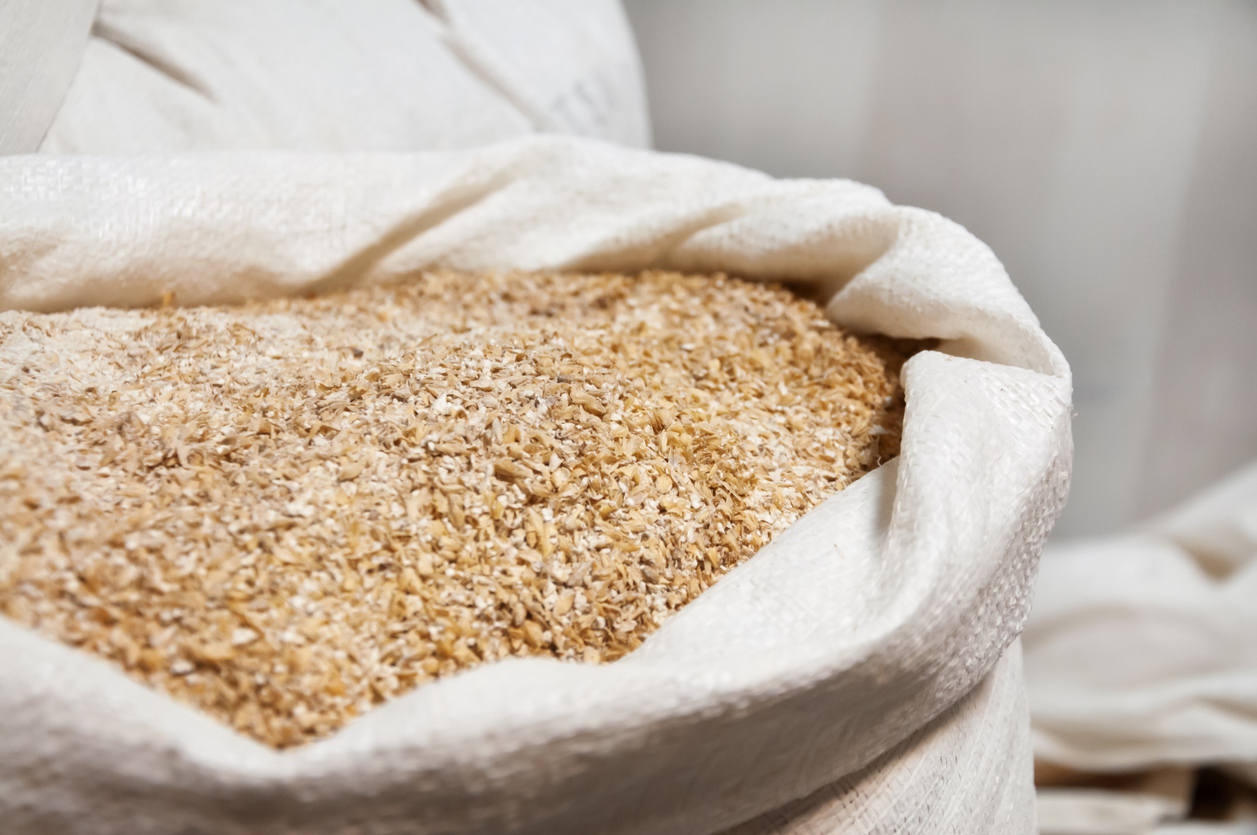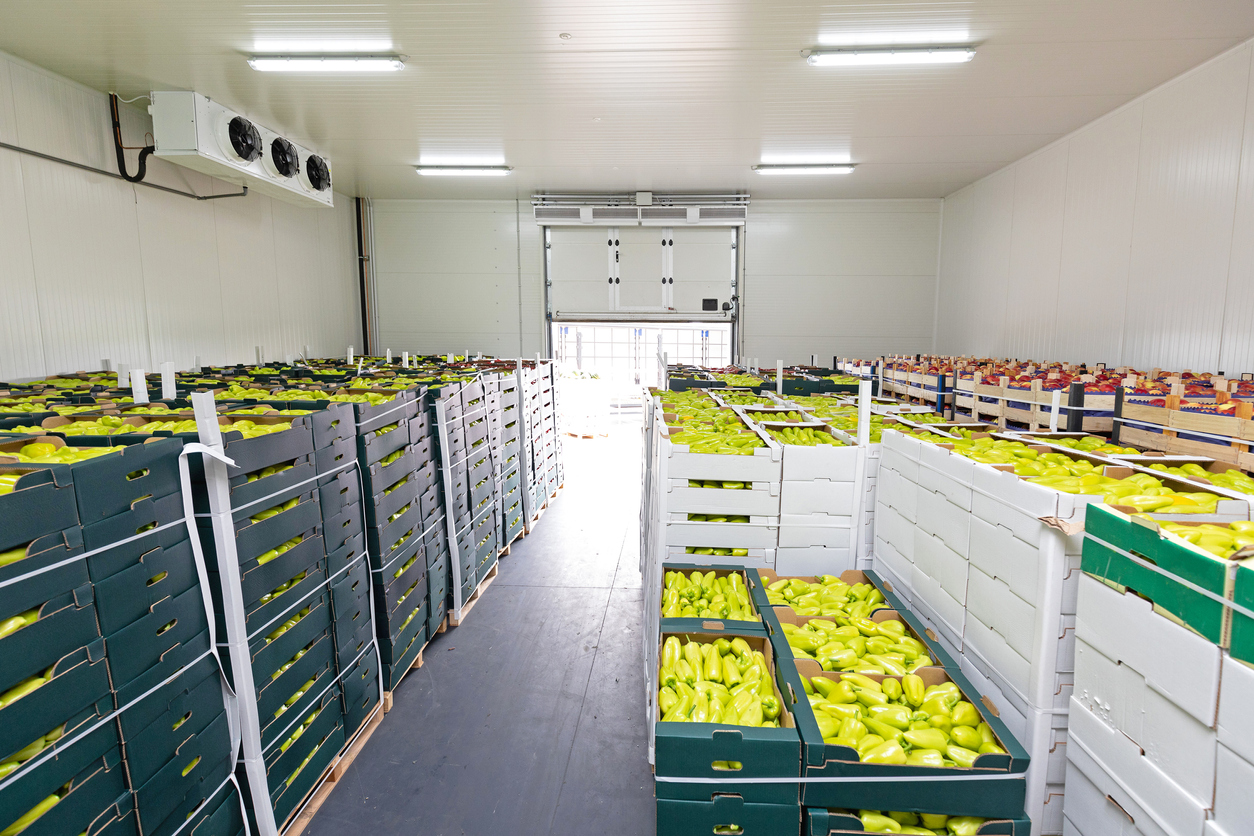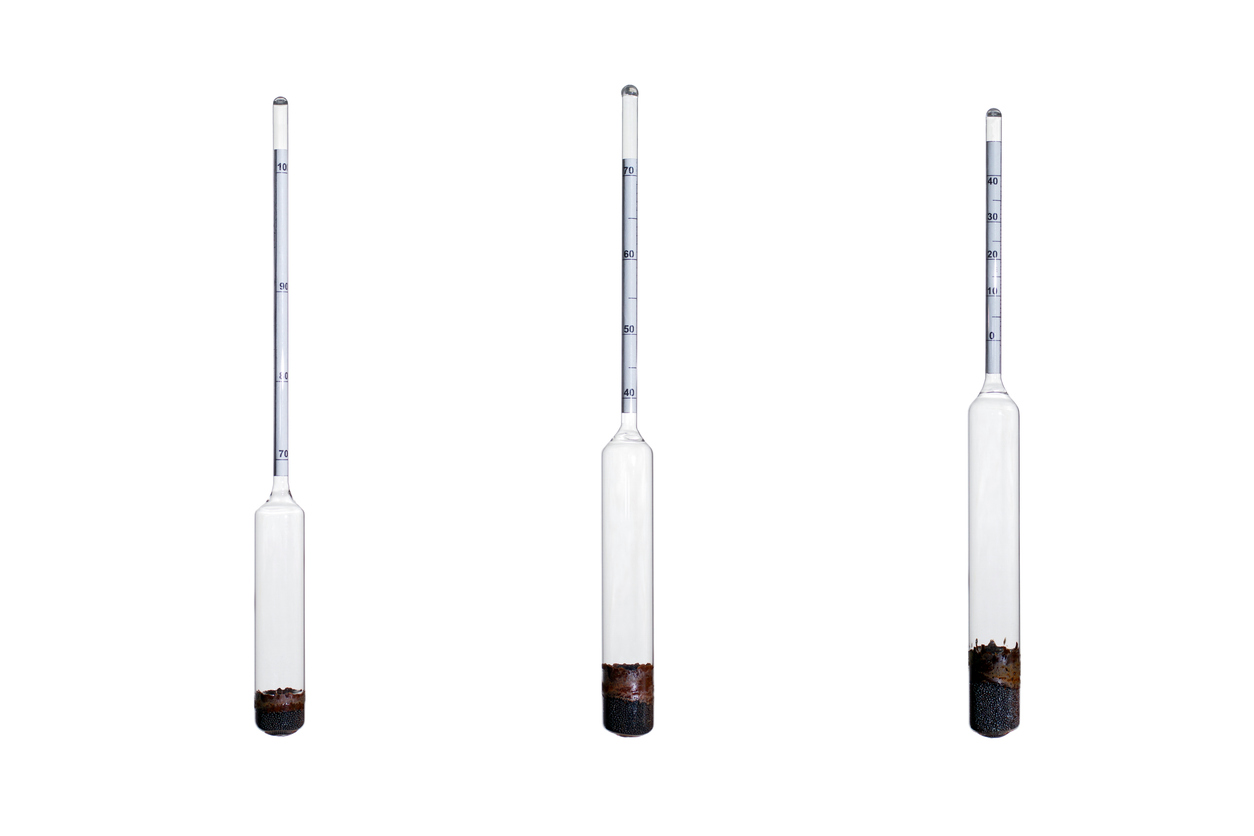A Step-by-Step Guide to Buying and Exporting Malt Extract from Rwanda
A Step-by-Step Guide to Buying and Exporting Malt Extract from Rwanda
Exporting goods from Rwanda is an exciting opportunity for businesses looking to diversify their product offerings and expand their markets. With the right understanding and guidance, one of the most popular products to export from Rwanda is malt extract. Malt extract is an ingredient commonly used in bakeries, breweries, and distilleries around the world. With a step-by-step guide, you can be sure you have all the right information to buy and export malt extract from Rwanda successfully. From understanding the local regulations to finding reliable suppliers, this guide will walk you through the entire process. With the right guidance and the right strategies, you can be sure to source quality malt extract from Rwanda that meets the needs of your customers.
Overview of the Malt Extract Industry in Rwanda
Malt extract is an ingredient that is commonly used in the production of food and beverage items. From bread, beer, and spirits, to candy and dairy products, malt extract is a highly versatile ingredient. It is an excellent source of quick energy and B vitamins, making it a sought-after product in both developed and developing export markets. Although the malt extract industry is not as well-known as some other Rwanda export industries, it is a booming and profitable market. Malted barley is the main ingredient used to make malt extract. Since Rwanda produces a large amount of barley, it is an excellent option for raw material for malt extract. Malt extract is usually produced by soaking the barley in water and germinating it with heat. This process allows the barley to sprout and release enzymes that convert its starch into sugar. The malt extract is then dried and ground into a powder, which can be used in a variety of applications. Customers in the food and beverage industry commonly use malt extract to make a variety of products, such as baked goods, alcoholic beverages, dairy products, candy, and more. The production method differs between industries, but the end result is the same: a product that is rich in B vitamins and easy to digest.
Understanding the Regulations of Buying and Exporting Malt Extract from Rwanda
When you are considering exporting malt extract from Rwanda, you first need to understand the local regulations surrounding the products you can export. This will ensure that you are following the law and can easily navigate the exporting process. – Product Safety – Product safety is the most important thing to keep in mind when buying and exporting malt extract from Rwanda. Your buyers trust you to provide them with a safe and reliable product, and you need to make sure you can do so. The best way to ensure product safety is to check the feed/food grade of your product. The feed/food grade is a standard that regulates the ingredients and contaminants that can be used in the production of feed and food ingredients. For malt extract, you must make sure that it contains no more than 8% moisture and that it does not contain any added ingredients (other than water, barley, and salt, if necessary). – Product Labeling – In order to export malt extract from Rwanda and sell it in the international market, you must make sure it is compliant with labeling requirements. The most important thing to keep in mind when labeling malt extract is the name of the product. The name must clearly state that the product is malt extract and include the ingredients (barley and salt, if necessary). The Ingredients statement must include the words “malt extract” and may also include the name of the barley used in the product. The net content statement is required and should include the quantity of all ingredients and the quantity of the product. The name and address of the manufacturer and the name and address of the importer are also required. The product must also be free from genetically modified organisms (GMOs).
Identifying and Evaluating Reliable Suppliers in Rwanda
Once you’ve determined what type of product you want to export from Rwanda, the next step is to identify and evaluate potential suppliers. The first step in identifying and evaluating suppliers is to create a short list of potential suppliers. You can do this by searching online for malt extract suppliers in Rwanda. Make sure to find suppliers that can meet your feed/food grade requirements and product labeling specifications. Once you’ve created your short list, it’s time to evaluate each supplier’s abilities and decide which supplier you want to go with. Evaluating suppliers is an essential part of the sourcing process and will help you find the right supplier for your business. When evaluating suppliers, you want to make sure they have the right experience and quality standards. You also want to make sure they meet your deadline and cost expectations. In addition to evaluating their abilities, you also want to evaluate a supplier’s willingness to work with you. After all, you want to work with a supplier that is as excited about your business as you are.
Developing an Effective Sourcing Strategy
Once you’ve identified and evaluated a few suppliers and you’ve found the right supplier for your business, it’s time to develop an effective sourcing strategy for your malt extract purchase. The best way to start sourcing for malt extract is to reach out to your short list of suppliers and create a sourcing strategy. Make sure to follow the timeline and guidelines you set for your sourcing strategy. This will ensure that you have enough time to evaluate each supplier and make a purchase decision for your malt extract. While sourcing for malt extract, you have to make sure to follow all regulations, timelines, and terms that apply to your purchase. You also want to make sure to communicate clearly and effectively with all of your suppliers. This will help avoid any misunderstandings and make sure everyone is on the same page.
Negotiating a Fair Price for Malt Extract
When sourcing and negotiating a price for malt extract, it’s important to make sure you are negotiating a fair price. Negotiating a fair price with your supplier is an important part of the sourcing process. Negotiating a fair price with your suppliers ensures that everyone is getting a fair deal. The first thing to do when negotiating a price for malt extract is to make sure that you are negotiating for the right quantity. Make sure that you are negotiating for a full container purchase or a partial container purchase, if applicable. The next thing you want to do is make sure that you understand the price breakdown. Among other things, you want to understand the basic price, the price per kilogram, and the total price (including extra expenses like shipping and taxes). Once you have a solid understanding of the price breakdown, it’s time to negotiate a fair price. When negotiating a fair price for malt extract, it’s important to follow these three key rules: be realistic, be respectful, and be firm. By following these three rules, you can be sure that you are negotiating a fair price for malt extract.
Inspecting and Testing the Quality of Malt Extract
After negotiating a fair price for malt extract and purchasing the malt extract from your supplier, it’s important to inspect and test the quality of the malt extract. Having the ability to inspect and test the quality of the malt extract will help you make sure that the product meets your expectations and requirements. With the help of your supplier, you can easily and effectively inspect and test the quality of the malt extract. When inspecting and testing the quality of the malt extract, you want to look for a few main things: moisture content, dust, color, and smell. With these basic checks, you can be sure that the product meets your expectations and requirements. Once you have purchased and inspected the quality of the malt extract, you can now proceed to the next step in the exporting process: shipping and exporting.
Shipping and Exporting Malt Extract
Shipping and exporting malt extract from Rwanda is an exciting and interesting process. When shipping and exporting malt extract, you want to make sure that it follows the correct shipping and export guidelines. This will ensure a safe and timely shipping experience from start to finish. First, you need to understand the shipping modes and requirements for malt extract. You can find this information in the International Maritime Commissions (IMC) Regulations. Once you understand the shipping modes and requirements for malt extract, you can begin the shipping process. When shipping malt extract, you want to be mindful of the weather condition. You want to make sure that you are shipping during the appropriate season to avoid spoilage or damage from extreme weather conditions. When shipping malt extract, you also want to make sure that it is packaged correctly. With the help of your supplier, you can be sure that your malt extract is packaged








LEAVE A COMMENT
You must be logged in to post a comment.